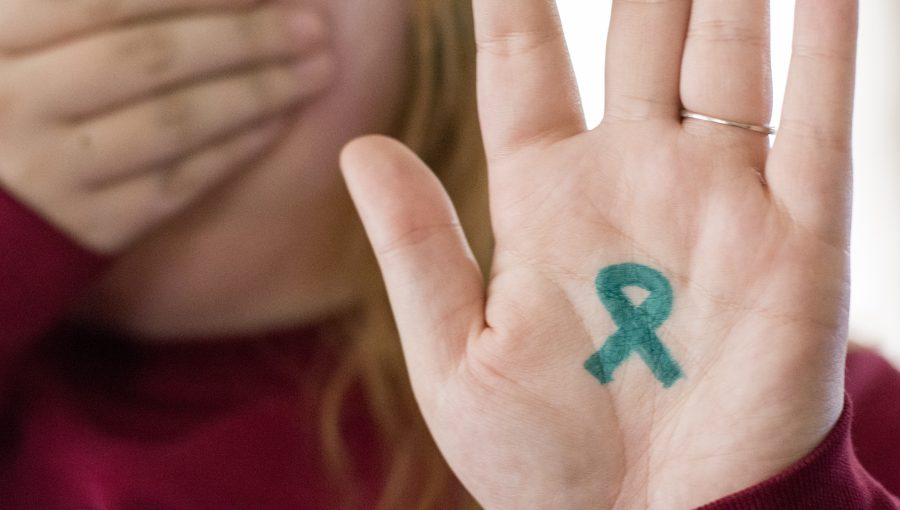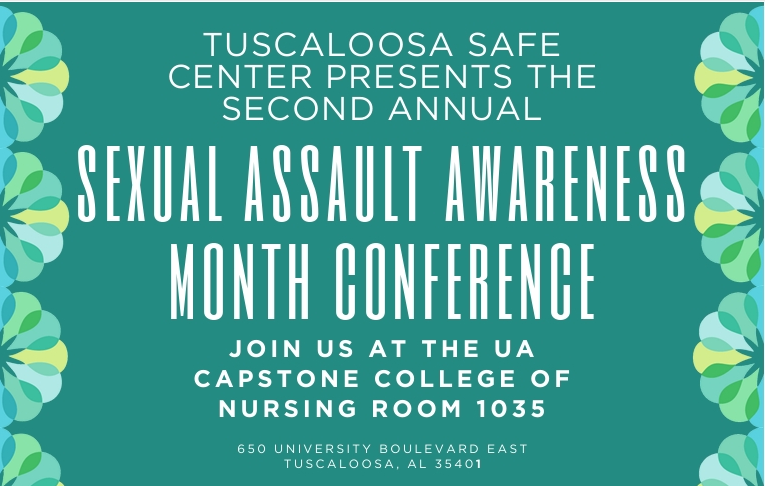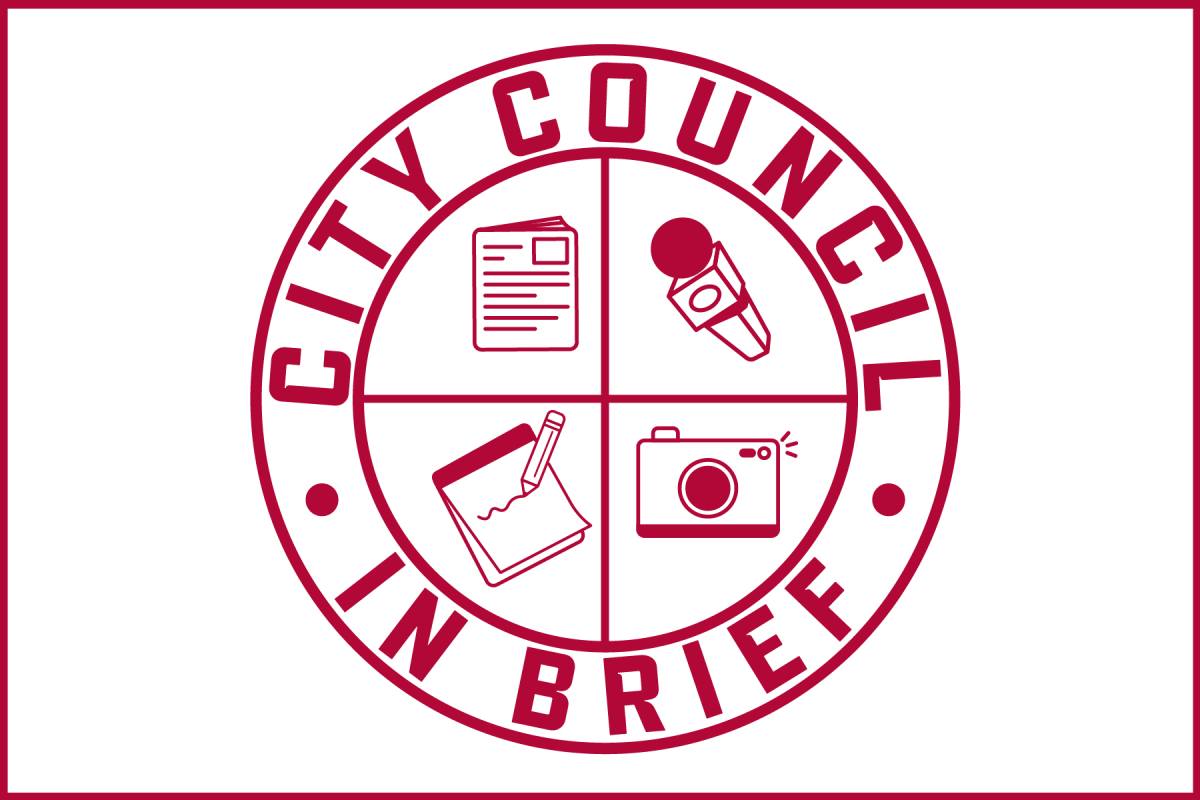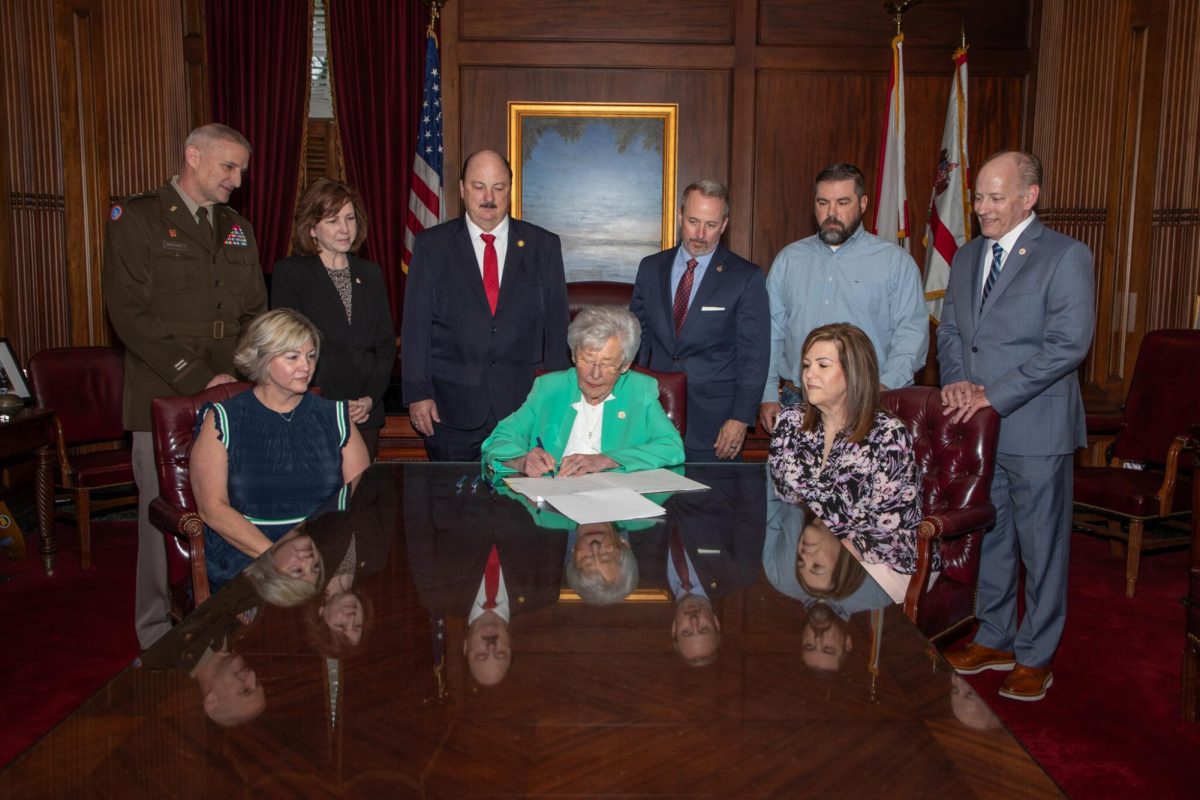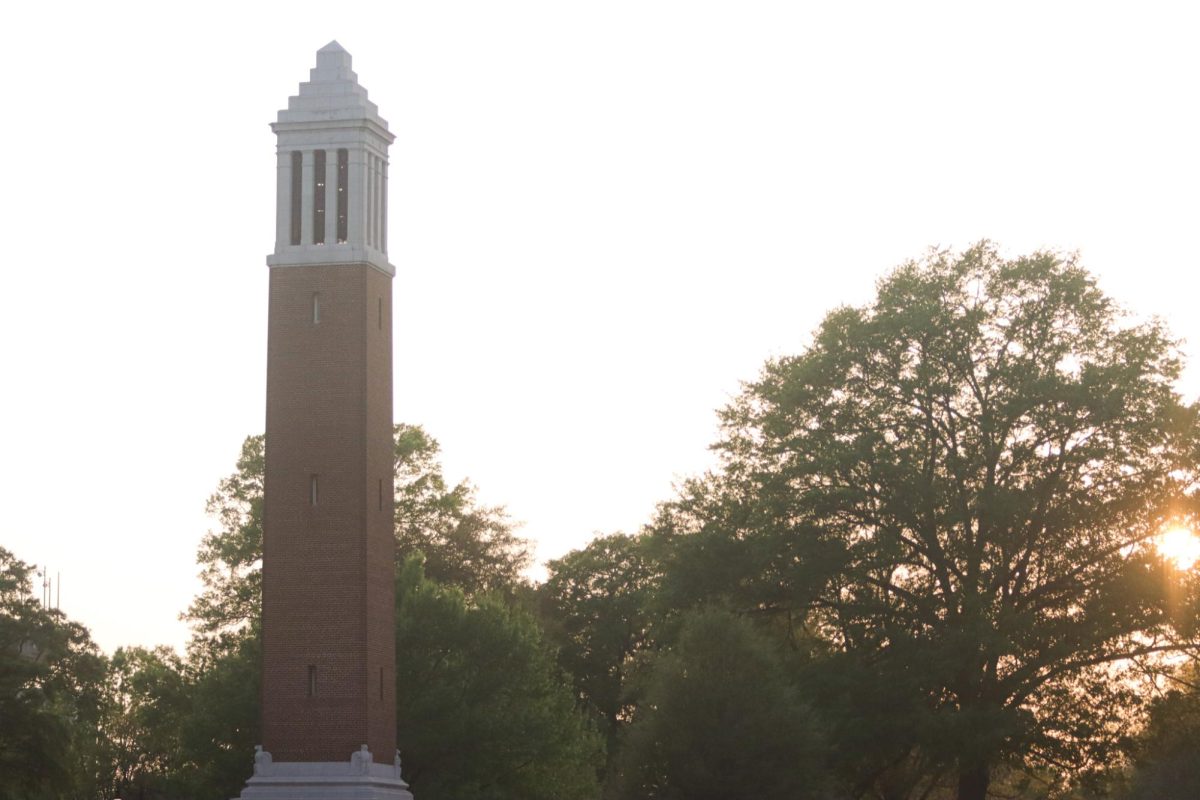People, publications and organizations across campus have come together throughout the year to address the nationwide problem of sexual assault. With April being Sexual Assault Awareness Month, the University is holding multiple campus-wide events to continue the fight.
“I would say that we are on a campus that has a lot of institutional and administrative support,” said Zoe Winston, the Women and Gender Resource Center peer education programs coordinator.
The Center will be sponsoring multiple events during the month. One such event, which the UA Feminist Caucus co-sponsored, was the annual “Take Back the Night” rally where students speak out about sexual assault and march around the Quad. White Ribbon Campaign Week will begin on April 18, and a survivor art exhibit will start on April 25. All of the artists from the exhibit are current or former students of the University and are either survivors of sexual assault or advocates for sexual assault awareness in the Tuscaloosa community.
White Ribbon Campaign week focuses on men and their role in both perpetuating and stopping sexual violence.
“There are going to be several events throughout the week to purposefully engage men in their role to ending violence,” she said.
Although there is campus-wide collaboration, many students are still underwhelmed.
“I would say that they have done a better job than they have in the past, but it is still not adequate,” said Michael Smith, a freshman majoring in economics.
Smith said sexual assault awareness month is very important and should be honored sooner.
“Sexual assault and sexual violence on campus is a huge issue, not only here but across the United States,” he said. “I do like that there is a whole month dedicated to sexual assault and its awareness in April and hope [it] could be recognized earlier in the year, on campus here at least.”
Lindsay Macher, a junior majoring in chemical engineering and coordinator of the UA Feminist Caucus, said the tactics of raising awareness are still going about it the wrong way. She said the campaign should encourage more sex positivity. Macher also later criticized the administration and the SGA’s previous efforts at raising awareness, specifically noting the failure of the SGA’s “It’s On Us” campaign.
“I think it did nothing for sexual assault except further myths about sexual assault and perpetuate rape culture,” she said.
Macher said there are ways for the SGA specifically to improve awareness on campus.
“I think they could still have initiatives even if it does mean having a wall on the Quad and doing the typical, like, thing that SGA is known for because they do have their ways of doing things, but, first of all, they have to be open to critique,” she said. “They have to seek help from people who are actually effective, educated on the topic…[and] just using their resources.”
Amanda Bennett, a senior majoring in English and African-American studies and co-organizer for the We Are Done movement, characterized the administration’s effectiveness at promoting awareness as pretty standard.
“I think the way they address sexual assault is pretty standard for all universities … It’s a fundamentally broken system that we have to fix for the safety of all students,” she said.
Bennett said that although We Are Done has no events planned to raise awareness, sexual assault remains an important topic that needs to be discussed.
“The idea that sexual assault is not something that is incredibly common and incredibly close in our lives is a fallacy,” she said. “It affects thousands of people in our circles and outside of our circles but until we talk about it we can’t address the issue.”



